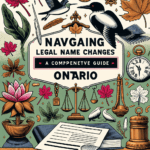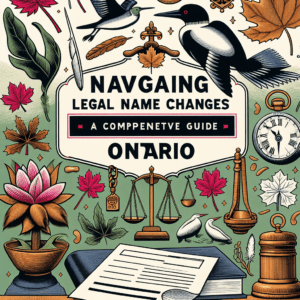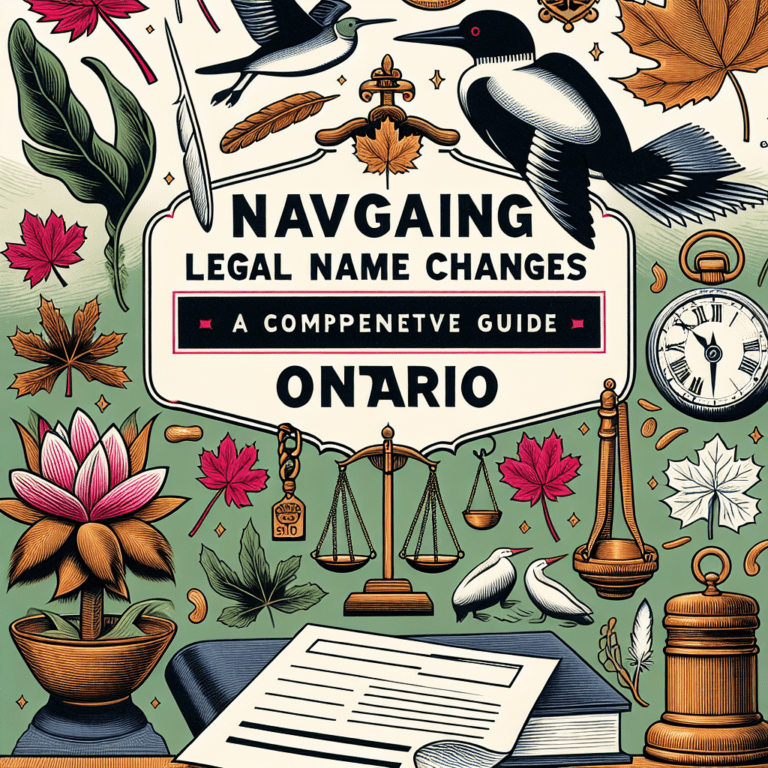===
Creating a legal will is an essential step in securing your legacy and protecting your loved ones, yet many people overlook it until it’s too late. Understanding legal wills is not simply a matter of ticking a box; it’s about ensuring your wishes are honored and your family’s future is safeguarded. Without a properly drafted will, you risk leaving your estate in chaos, causing emotional turmoil for those you leave behind. This guide provides essential insights that illuminate the necessity of having a legal will and the key components that make it valid, equipping you with the knowledge to take control of your estate planning.
The Importance of Legal Wills: Why Everyone Needs One
In today’s unpredictable world, the necessity of legal wills cannot be overstated. Many individuals believe that wills are only for the wealthy or the elderly, but this is a misconception. A legal will is crucial for anyone who wishes to ensure that their assets—regardless of size—are distributed according to their wishes after their passing. Failing to create a will can lead to state laws dictating how your assets are divided, often resulting in outcomes that may contradict your intentions. This lack of control could force your loved ones into unnecessary disputes during an already difficult time.
The emotional turmoil that arises from not having a will is often accompanied by financial strain. Without a clear directive on asset distribution, surviving family members may face prolonged legal battles, incurring attorney fees and court costs that diminish the estate’s value. Moreover, the absence of a will can create rifts among family members, leading to strife that can linger for generations. This scenario is not just a theoretical concern; it’s a reality for countless families that find themselves navigating the complex and often adversarial probate process.
Furthermore, a legal will serves as a powerful tool for decision-making. It allows you to designate guardians for minor children, ensuring that they are cared for by someone you trust. Wills also provide an opportunity for you to express your wishes regarding end-of-life care and funeral arrangements, alleviating the burden on your family during an emotionally charged time. By having a legal will in place, you create a sense of peace, knowing that your affairs are in order, and your loved ones are supported.
Key Components of a Valid Will: What You Should Know
Understanding the essential components of a legal will is vital for ensuring its validity. A legally binding will typically requires certain elements: the testator’s intent, a declaration, a list of beneficiaries, the appointment of an executor, and witness signatures. The testator, or the person making the will, must clearly express their intent to create a will. This expression often comes in the form of a statement, such as "This is my last will and testament." It’s crucial that the will reflects the testator’s wishes, as any ambiguity can lead to disputes and legal challenges.
Another critical aspect involves the beneficiaries—the individuals or entities designated to receive assets. Every will should outline specific bequests, which could include personal property, money, or real estate. Additionally, appointing an executor is essential; this person is responsible for carrying out the instructions laid out in the will. Choosing someone trustworthy and organized can ensure that your wishes are honored efficiently. If your estate is complex or substantial, consider consulting with a legal professional to ensure that all details are accurately captured.
Lastly, the witnessing process cannot be ignored. Most jurisdictions require that a will be signed in the presence of at least two witnesses who are not beneficiaries of the will. This stipulation helps affirm the authenticity of the document and protects against potential claims of undue influence or coercion. Understanding these components not only enhances the reliability of your will but also serves to provide clear, unambiguous guidance to your loved ones, preventing potential conflicts in the future.
===
Navigating the intricacies of legal wills may seem daunting, but it is a crucial step in taking charge of your estate planning. By understanding the importance of having a legal will and the key components that make it valid, you empower yourself to protect your legacy and provide for your loved ones. Delaying this process can lead to unnecessary turmoil and strife for those you care about most. Take action today: consult with a legal expert, start drafting your will, and secure the peace of mind that comes with knowing your wishes will be honored. Don’t leave your future to chance—make your intentions known, and give your family the gift of clarity during a challenging time.
Understanding Legal Self-Defense Weapons in CanadaUnderstanding Legal Paper Size: Dimensions and Uses ExplainedNavigating Legal Name Changes in Ontario: A Comprehensive GuideRelevant LinkRelevant LinkRelevant Link


















